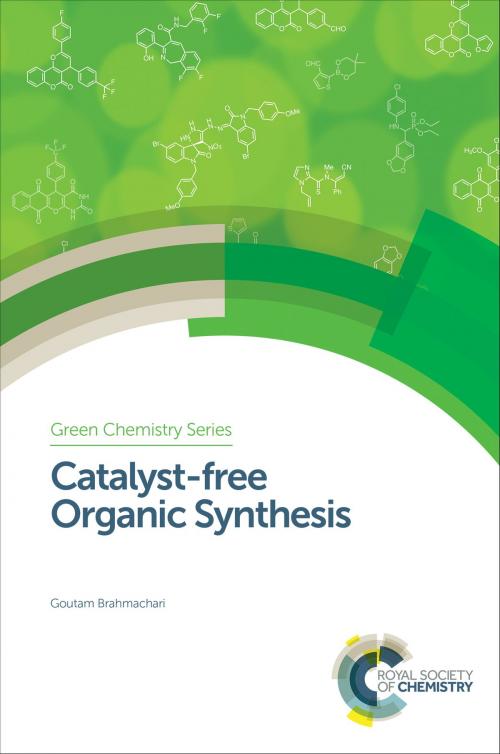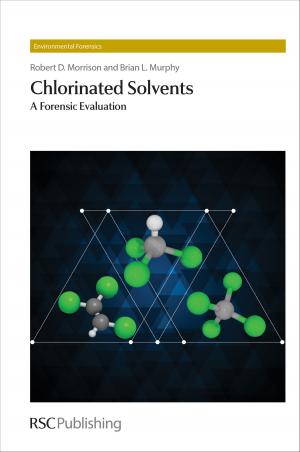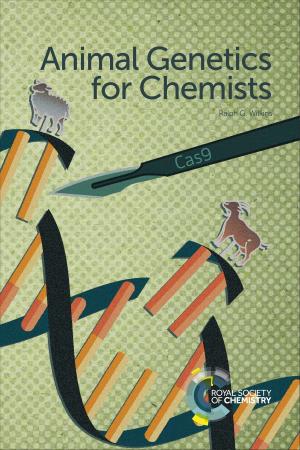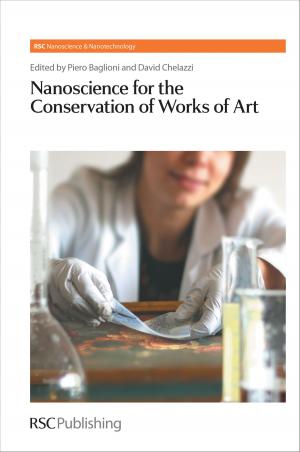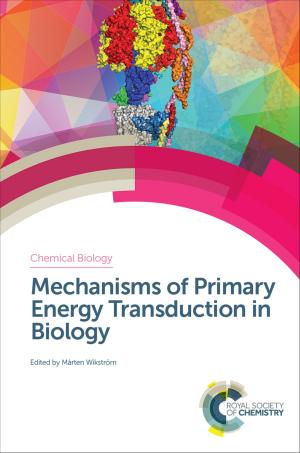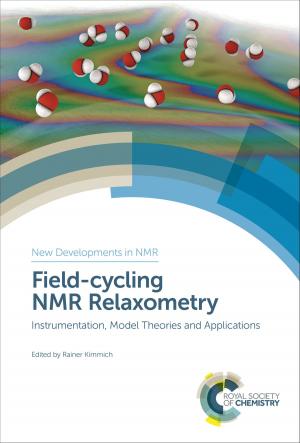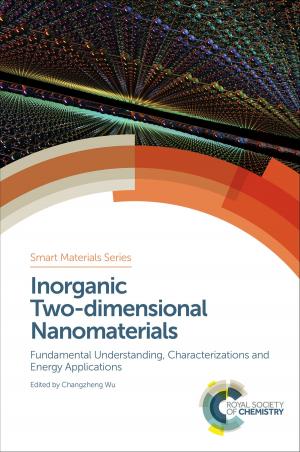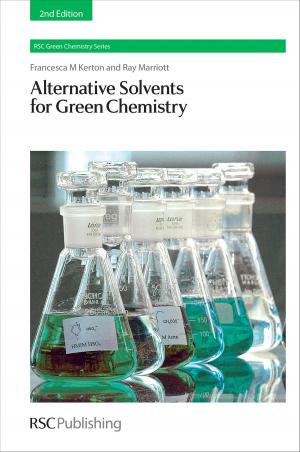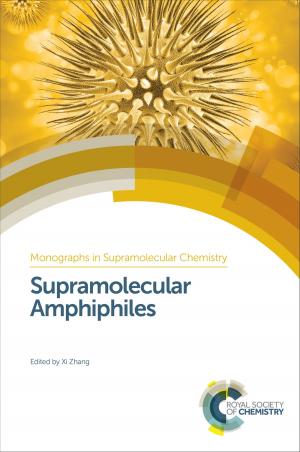Catalyst-free Organic Synthesis
Nonfiction, Science & Nature, Science, Chemistry, Organic, Technical & Industrial| Author: | Goutam Brahmachari | ISBN: | 9781788013185 |
| Publisher: | Royal Society of Chemistry | Publication: | November 6, 2017 |
| Imprint: | Royal Society of Chemistry | Language: | English |
| Author: | Goutam Brahmachari |
| ISBN: | 9781788013185 |
| Publisher: | Royal Society of Chemistry |
| Publication: | November 6, 2017 |
| Imprint: | Royal Society of Chemistry |
| Language: | English |
It is well-established that organic synthetic processes have been at the core of the chemical industry for hundreds of years, in the production of organic compounds with a wide range of applications. However, we are becoming increasingly aware of the hazardous substances used and generated by these chemical processes. The field of organic synthesis has undergone profound changes to switch to equally efficient, but more sustainable processes that avoid the extensive use of toxic and hazardous reagents and solvents, harsh reaction conditions and expensive and sophisticated catalysts.
Explaining methods for carrying out chemical syntheses without the use of catalysts, this book shows how avoiding catalysts during synthesis can mean less use of toxic chemicals, environmentally damaging chemicals or endangered elements and lower costs. It is an important reference for chemists involved in organic synthesis, as well as for green chemists.
It is well-established that organic synthetic processes have been at the core of the chemical industry for hundreds of years, in the production of organic compounds with a wide range of applications. However, we are becoming increasingly aware of the hazardous substances used and generated by these chemical processes. The field of organic synthesis has undergone profound changes to switch to equally efficient, but more sustainable processes that avoid the extensive use of toxic and hazardous reagents and solvents, harsh reaction conditions and expensive and sophisticated catalysts.
Explaining methods for carrying out chemical syntheses without the use of catalysts, this book shows how avoiding catalysts during synthesis can mean less use of toxic chemicals, environmentally damaging chemicals or endangered elements and lower costs. It is an important reference for chemists involved in organic synthesis, as well as for green chemists.
